
Voice technology is becoming a key tool in leadership development. Just think about it: you can boost your leadership skills by simply speaking and listening. A recent study shows that 67% of organizations think voice technology will change leadership training by 2025. This mix of tech and leadership isn't just about making things easier; it's about opening up new ways to build important leadership skills. Voice technology can help leaders improve communication and emotional intelligence, offering lots of chances to grow and keep up with the fast pace of today’s world. In this article, we’ll look at how this tech is changing leadership skills, showing real-life uses, and how it fits in with traditional coaching. Let’s see how voice technology could be your next move in becoming a better leader!
Summary: Dieser Artikel beschreibt, wie Sprachtechnologie die Entwicklung von Führungsqualitäten verbessern kann, indem sie Schlüsselkompetenzen stärkt und in praktischen Anwendungen eingesetzt wird. Er untersucht die Vorteile und die Integration von Sprachtechnologie mit menschlichem Coaching.
Enhancing Leadership Skills with Voice Technology
What is Voice Technology in Leadership?
Voice technology in leadership development leverages AI-powered voice simulations and coaching to assist managers in practicing essential leadership conversations. These include scenarios such as feedback, conflict resolution, and decision-making. The technology facilitates realistic audio interactions, allowing leaders to refine skills like listening and coaching within a safe environment.
Platforms such as Virti enable practice in various languages and help in understanding cultural nuances, thus supporting multilingual and multicultural leadership growth. These AI voice coaching tools provide real-time feedback on aspects like tone, word choice, and style, enabling leaders to track their progress and receive actionable tips for improvement.
By offering a judgment-free and convenient method to practice conversations anytime, voice AI coaching enhances communication skills through roleplay with lifelike AI characters. This approach combines scalable, accessible practice with personalized feedback, effectively overcoming the limitations of traditional e-learning and costly live training.
Comparing Voice Technology and General AI Coaching
Voice technology focuses specifically on practicing leadership conversations through interactive voice simulations, emphasizing verbal skills and realistic roleplay. In contrast, general AI coaching encompasses a broader range of techniques, such as text analysis, data insights, and personalized development plans beyond just voice interactions.
Voice-based AI coaching platforms like Hone integrate voice AI with live instruction, providing a dual approach that combines scalable practice with human-led training for increased engagement. While voice technology hones conversational skills and delivers instant feedback, general AI coaching supports a more comprehensive scope of leadership development, including strategy and team efficiency.
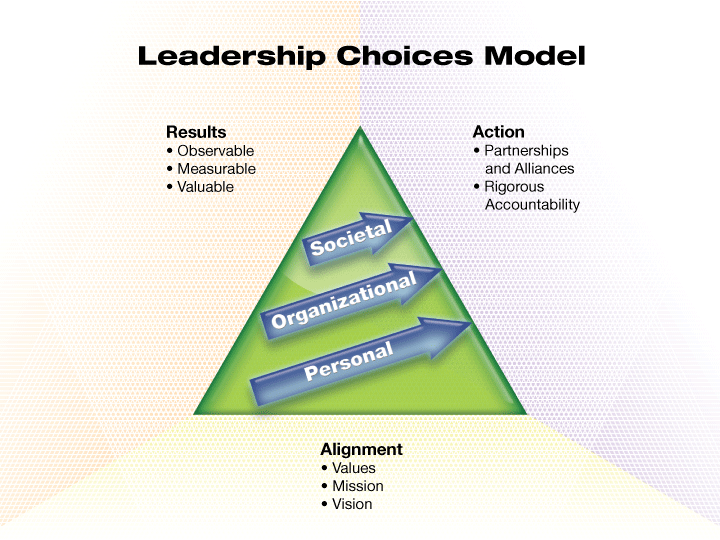
Voice AI coaching is particularly effective for practicing challenging conversations, such as feedback and conflict resolution. On the other hand, general AI coaching addresses a broader spectrum of leadership skills. For instance, Tenor offers voice AI roleplay for managers to navigate difficult dialogues, whereas broader AI platforms provide data analytics and development plans for overarching leadership growth.
Leadership Skills Enhanced by Voice Technology
AI-Driven Communication and Influence
AI tools are transforming how leaders communicate and influence their teams. These tools provide real-time feedback on presentation skills, allowing leaders to refine their speaking abilities. This is crucial for making a significant impact. For instance, AI can analyze speech patterns, tone, and even body language during presentations, offering insights on how leaders can improve message delivery. This capability is especially beneficial for digital leaders who need to clearly articulate the urgency and future of AI projects, making it easier for employees to understand. Learn more about AI-driven speech analysis tools.

Consider a leader using AI-powered speech analysis during a presentation. They receive instant feedback on clarity and engagement, enabling them to adjust their approach in real-time to better connect with their audience. This ensures that leaders effectively communicate their intentions, fostering an environment where everyone feels heard and respected. Discover how AI tools analyze speech patterns.
Enhancing Empathy and Emotional Intelligence
Digital leadership enhances empathy and emotional intelligence by empowering employees and encouraging open communication. This is achieved through interactive events that build emotional connections between leaders and their teams. AI-enhanced leadership training customizes learning to individual styles, helping leaders develop empathy by understanding diverse communication needs. Explore how Digital leadership fosters employee empowerment.
With AI-personalized modules, leaders can enhance their emotional intelligence by practicing empathy in role-playing exercises that simulate real employee interactions. This helps leaders recognize and respond to emotional cues, creating a more supportive and emotionally aware workplace. Learn more about AI-enhanced leadership development.
AI-Enhanced Conflict Resolution Skills
AI-powered simulations offer innovative ways to develop conflict resolution skills. These simulations create realistic scenarios where leaders can practice decision-making under pressure. They adapt to new variables in real-time, helping leaders fine-tune their strategies. Digital leaders manage the uncertainties brought by AI by leveraging these tools to address conflicts and organizational challenges. Discover more about AI-powered simulations.
Imagine a leader participating in an AI-driven simulation of an employee conflict. They receive immediate feedback on their handling of the situation and can adjust their tactics to find a resolution. This technology enables leaders to address conflicts with greater fairness and objectivity, promoting a harmonious workplace. Explore how Leadership training is enhanced by AI.
AI tools simplify conflict resolution by providing instant feedback during exercises. This allows leaders to refine their strategies and ensures that everyone has the opportunity to express their views. It supports effective dialogue and team unity, even in remote or hybrid work environments. Learn how Digital leaders manage uncertainties.
Practical Applications and Use Cases
Enhancing Leadership Skills with Virtual Simulations
Virtual simulations and role-playing are invaluable tools for leadership development, offering hands-on learning experiences where leaders can test their skills in real-world scenarios. Imagine this: leaders take theoretical knowledge and apply it in a safe, controlled environment.
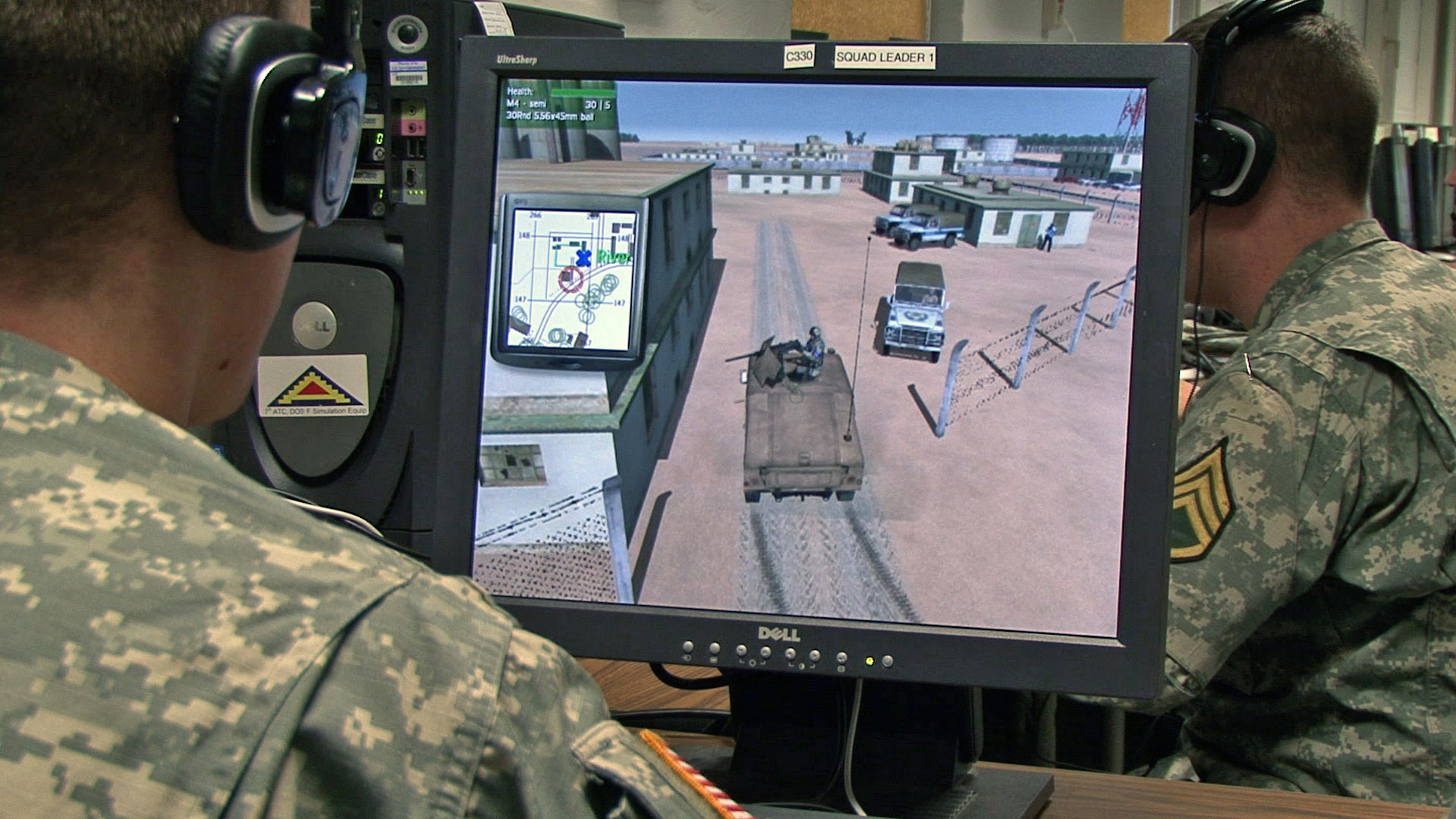
For instance, action learning projects might utilize virtual simulations to help leaders practice vital skills such as:
- Communication
- Decision-making
- Conflict resolution
Consider a training program where future leaders tackle a crisis scenario in a virtual world. They must communicate clearly, make informed decisions, and guide their team through the challenge. This type of practice enhances their clarity and teamwork abilities. Platforms like SessionLab demonstrate how role-playing activities are essential for building these competencies.
Voice Technology in Leadership Skills Training
While there aren't many case studies on voice tech in leadership training yet, it's a promising area. Voice technology can enhance role-playing exercises by providing instant feedback and aiding leaders in honing their communication skills.

Activities focused on clear communication and conflict resolution could leverage voice tech to create realistic conversations, thereby boosting engagement. Imagine a leadership program utilizing voice-activated virtual assistants to guide participants through scenarios, offering tips and feedback on their communication and leadership styles.
The potential for voice tech to personalize leadership development is significant, as highlighted by Intoo. This blend of voice tech in coaching and exercises introduces a fresh perspective on traditional leadership training.
The Benefits of Voice Technology in Leadership Development
Enhance Leadership Skills with Personalized Feedback
AI voice technology is revolutionizing leadership development by providing real-time feedback on communication and leadership skills. This innovation enables leaders to refine their abilities immediately. These tools analyze vocal tone, word choice, and emotional undertones to enhance empathy, clarity, and engagement. By leveraging scientific insights, they deliver instant, precise feedback on both content and delivery, promoting self-reflection and skill enhancement.
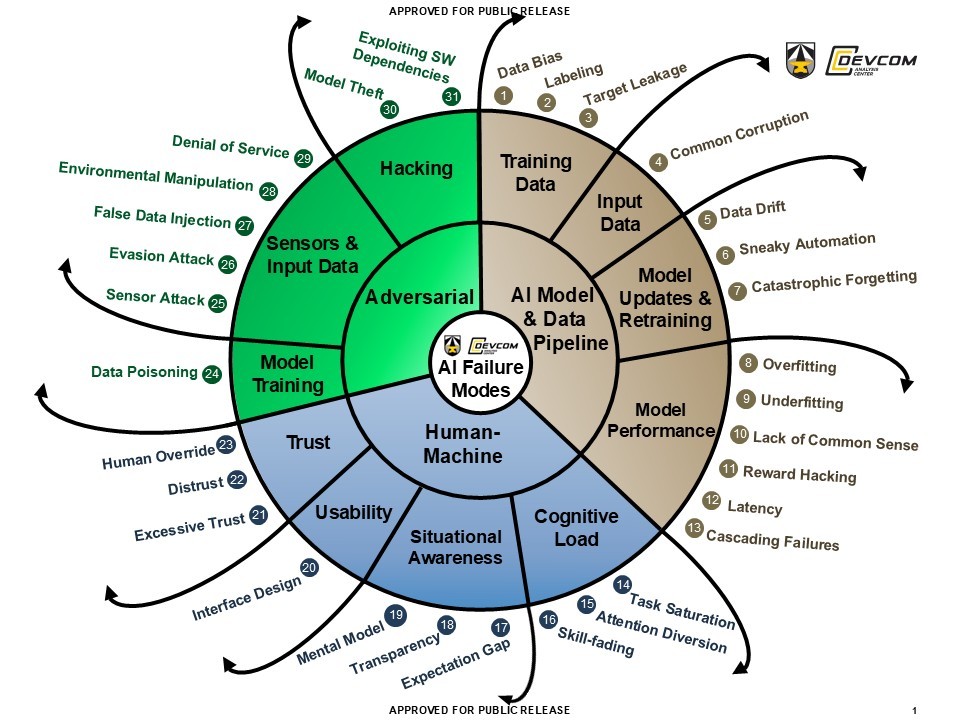
Leaders can practice challenging conversations with AI chatbots in a safe environment, boosting their confidence and conflict resolution capabilities. Additionally, voice technology automates routine tasks such as scheduling, allowing leaders to focus on strategic decisions. For example, a major food company reduced inspection times by 50% and increased production by 30% using speech AI, demonstrating its potential to enhance efficiency.
Scale Leadership Training with Voice Technology
Voice technology enhances the scalability and accessibility of leadership development. It facilitates hands-free, multilingual communication, enabling leaders to connect with global teams and extend leadership training across borders. AI platforms provide personalized coaching with tailored learning paths, addressing specific behaviors and challenges for a broad, measurable impact. These tools offer consistent, data-driven feedback at any time, breaking free from traditional constraints.
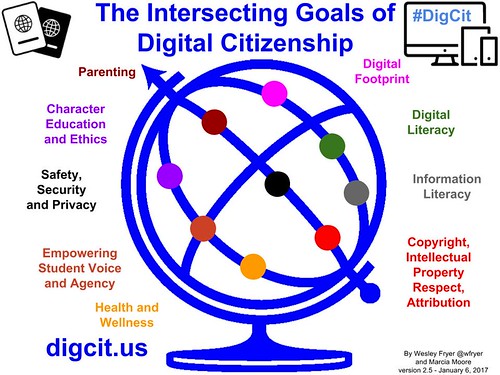
Security features, such as voice biometrics, ensure safety while integrating seamlessly into leadership workflows. IBM's implementation of voice technology, which reduced infrastructure costs by 33% and data center refresh expenses by 75%, exemplifies how scalable voice solutions can optimize leadership operations. Platforms like Virti and Hone offer voice-powered simulations to practice essential leadership skills, facilitating rapid onboarding and continuous skill development for geographically dispersed teams.
Voice Technology Integration in Leadership Skill Enhancement
Hybrid Leadership Training Models with AI
Hybrid leadership training blends online and in-person methods, making it both flexible and thorough. By incorporating AI tools, leaders can enhance their speaking skills by 40% in just a few months and improve team productivity and clarity by 25%. For more insights, check out AI-driven communication tools.

Platforms like Surge9 leverage OpenAI-powered voice technology to provide natural, instant voice coaching, tailored to the learner's emotional state. These platforms simulate challenging conversations, offering feedback on tone, speed, and emotions to refine communication skills. Moreover, AI can monitor audience reactions during presentations, suggesting adjustments for a more impactful delivery.
Integrating AI into leadership training accelerates learning and personalizes the experience by identifying skill gaps and offering targeted advice. Emerging AI technologies are paving the way for a more adaptable leadership journey, enhancing engagement, scalability, and strategic decision-making. Discover more about these Emerging AI technologies.
Advancing Traditional Leadership Development with AI
AI tools are revolutionizing how leaders craft messages, detect emotional cues, and connect with audiences. For an in-depth look, explore AI-powered tools.

AI simulations provide a safe environment to practice complex scenarios such as performance reviews and conflict resolution, thus enhancing management capabilities. Learn more about AI simulations. This integration makes leadership training more accessible, efficient, and advanced. For further reading on AI integration, visit AI integration.
Leading organizations are utilizing AI to boost leadership effectiveness, striking a balance between technology, ethics, and human collaboration. Discover how High-performing organizations are adapting. Platforms like Tenor and Virti offer voice AI training, enabling managers to engage in roleplay with AI characters and receive immediate coaching, fostering more confident and capable leaders.
FAQ Section
How Does AI Enhance Leadership Skills with Personalized Feedback?
AI analyzes leadership behavior and performance, delivering feedback that is precisely tuned for growth. By leveraging natural language processing and machine learning, AI understands how leaders communicate and make decisions, offering tailored coaching tips. For instance, an AI tool might review a leader's meeting notes to identify communication issues and suggest ways to enhance clarity and empathy. Platforms like Coursera demonstrate how AI monitors progress, dynamically adjusting feedback to align with evolving leadership goals. This ensures leaders receive advice that is both relevant and continuous, facilitating ongoing improvement.
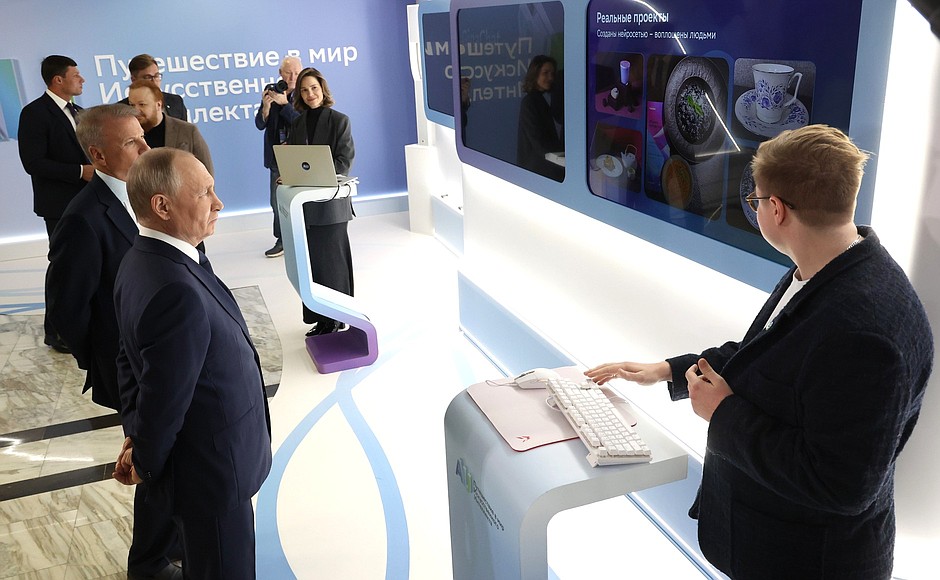
Benefits of AI-Driven Real-Time Feedback for Leadership Skills
AI provides instant, unbiased feedback, revolutionizing leadership training. It enables leaders to quickly identify and correct behaviors during both practice sessions and real-world scenarios. This rapid feedback enhances decision-making by highlighting biases or overlooked information as choices are made. For example, during a leadership exercise, AI can observe responses and offer immediate suggestions to improve negotiation or conflict resolution skills. This real-time feedback fosters continuous learning, accelerating skill development and boosting confidence. As Indeed highlights, this approach also enhances self-awareness and allows organizations to deliver consistent feedback to multiple leaders simultaneously, making leadership training scalable and effective.

Enhancing Decision-Making Skills Through AI Simulations for Leaders
AI simulations create realistic scenarios where leaders can practice making difficult decisions without real-world consequences, honing their problem-solving skills. These simulations adapt based on a leader’s actions, presenting varied outcomes and encouraging critical thinking and adaptability. For example, an AI-powered simulation might present a crisis requiring quick resource allocation, then evaluate the leader’s approach and suggest alternative strategies for improved results. AI analyzes decision patterns to identify biases and recommend ways to enhance judgment. As TechTarget mentions, this hands-on learning is crucial for developing critical thinking and strategic skills, allowing leaders to refine their decision-making in a safe environment. Platforms like Coursera emphasize the value of adaptive learning technology, which adjusts scenario difficulty based on performance, ensuring leaders are consistently challenged and growing.